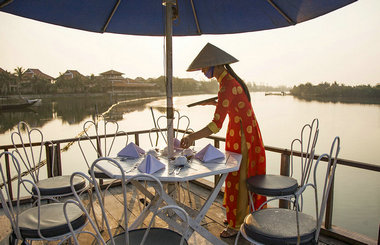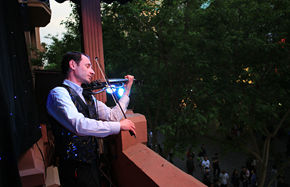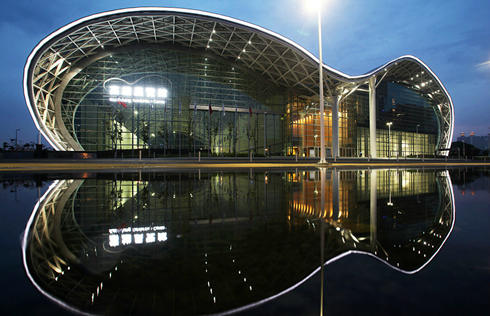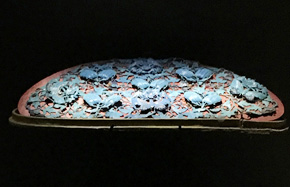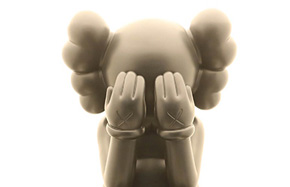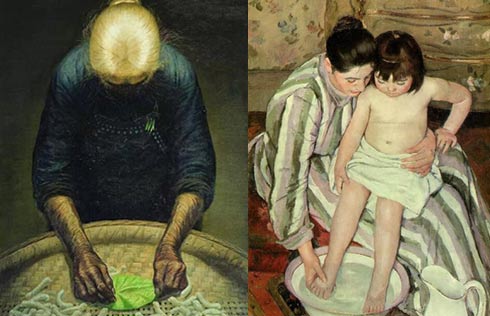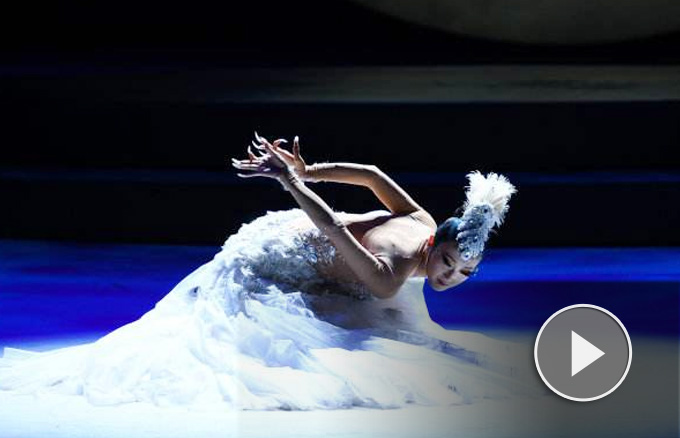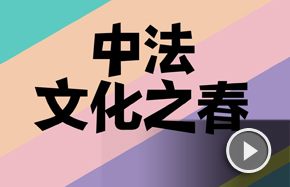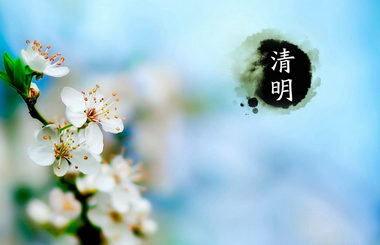Duanwu's cultural message
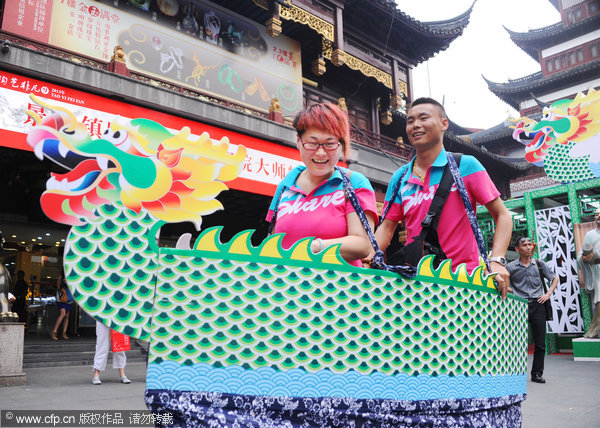 |
|
[Photo/CFP] |
What does Dragon Boat Festival mean?
That may be of little concern to those who spend this traditional festival in their own particular way.
But it will concern those who have taken part in online discussions about the cultural connotation of the festival, known as duanwu.
Strange as it may seem, globalization has diluted the cultural flavor of traditional festivals in the increasingly globalized world.
It is only natural that the way people look at traditional festivals will change with time. Nevertheless, a festival will still stand testimony to the messages it conveys.
That explains why the State Council designated this festival as a national holiday and let people have enough time to enjoy it and, if possible, to reflect on its cultural meaning.
Some say that all that remains of the festival's many traditions is eating pyramid-shaped dumplings with glutinous rice and fillings like dates and meat wrapped in bamboo or reed leaves. But most people would associate the festival with historical figures such as Qu Yuan (340-278 BC) and Wu Zixu, who died about 484 BC.
This is where the power of culture lies.
In online discussions, some have debased both historical heroes by saying their suicides were worthless since the courts and kings they were loyal to were corrupt, so some question the cultural connotation of this festival.
As naive and nihilistic as such remarks may be, it is not bad for people to have such discussions, which suggests they are keen to know about the festival's origins.
Both historical figures are objects of worship not because they showed their loyalty to their kings and states by committing suicide. Rather it is because they committed to their own ambitions and ideals, and both preferred to die when they found it impossible to put into practice those ambitions and ideals.
Traditional festivals such as this appeal less to young people as they do to older generations. That is a worldwide phenomenon.
Yet there is always something in traditional festivals that young people can draw on as cultural nutrition so that they better understand the life path that lies before them.




